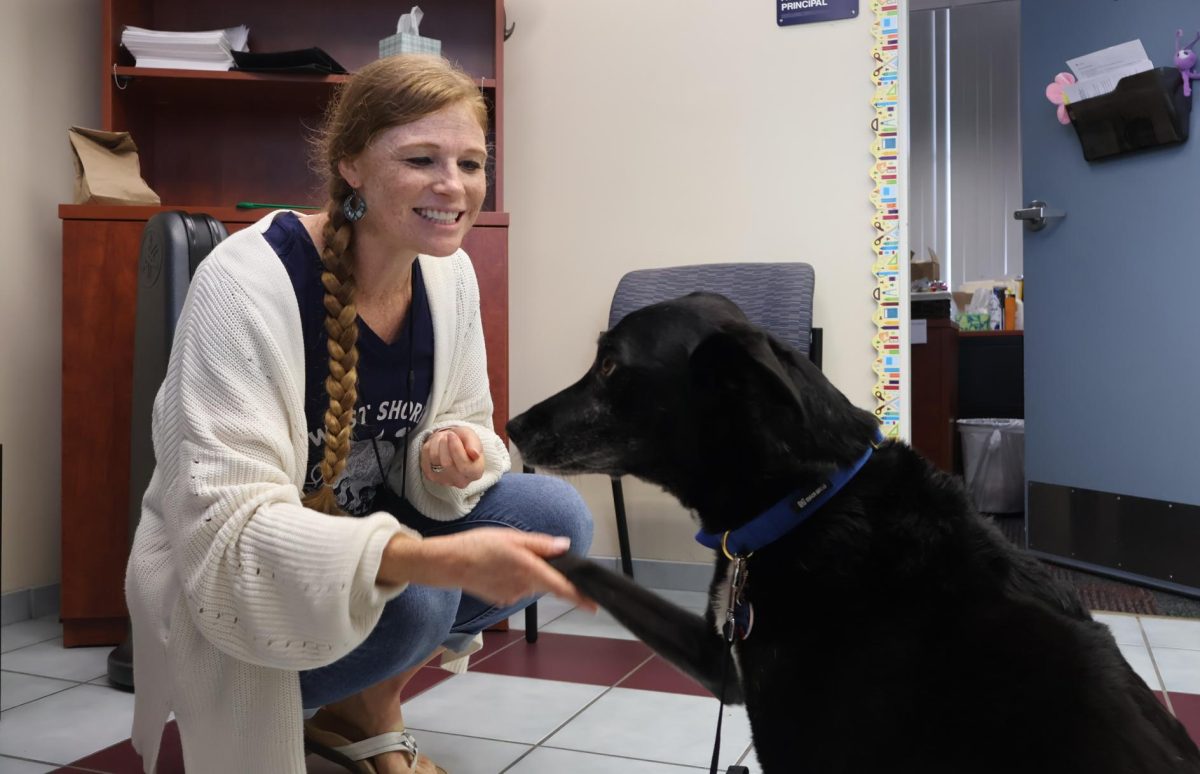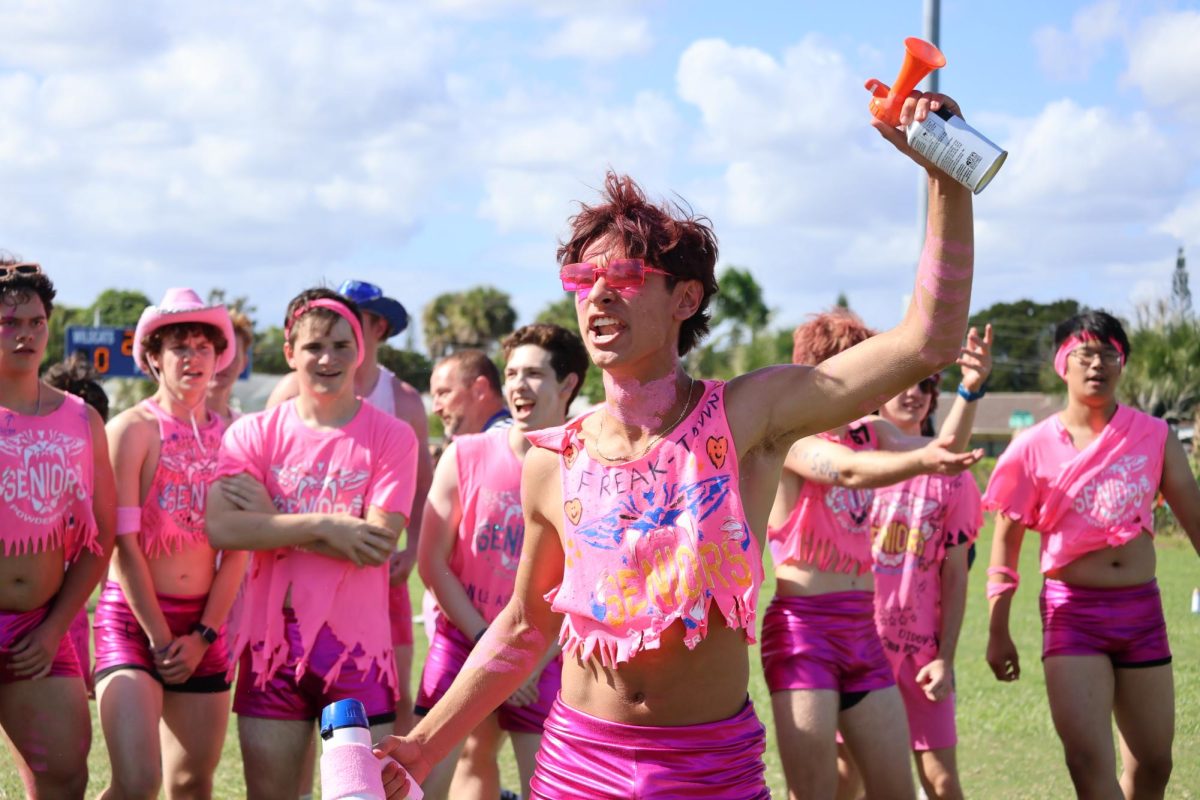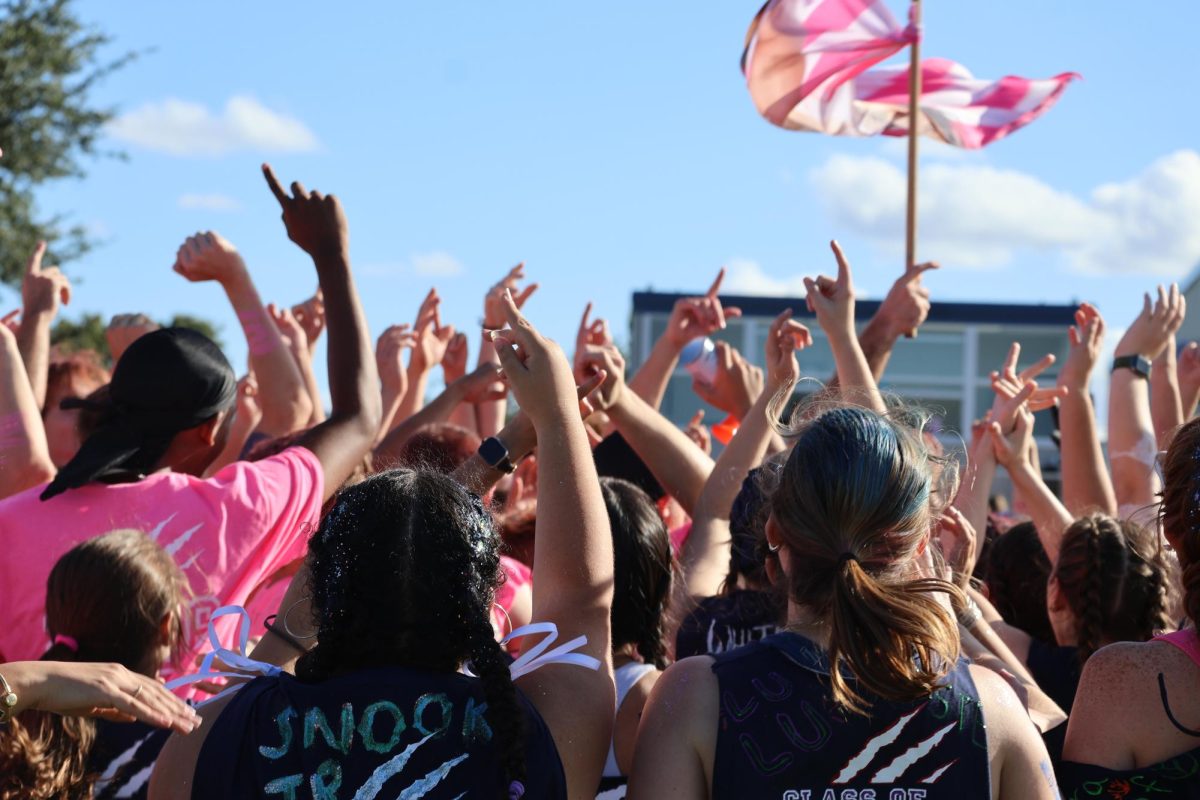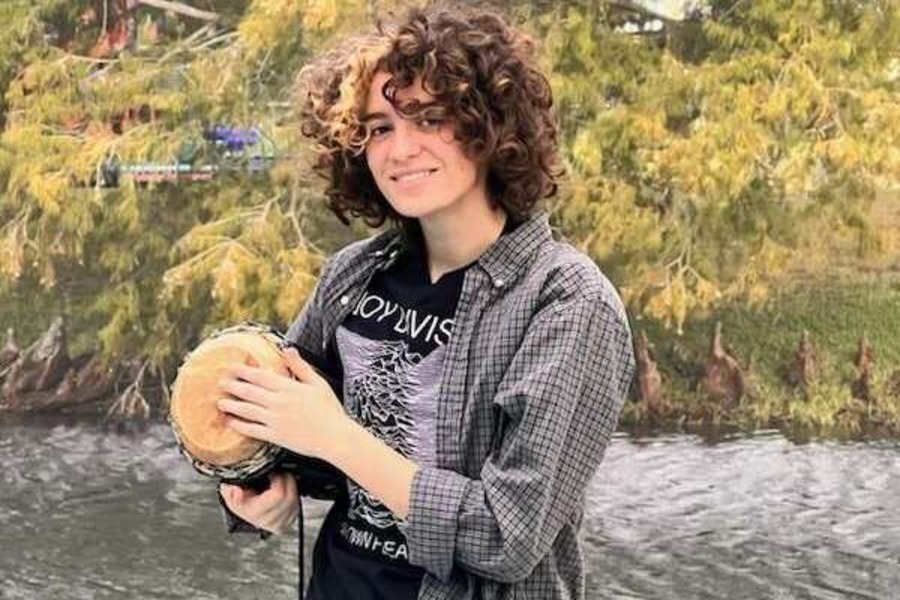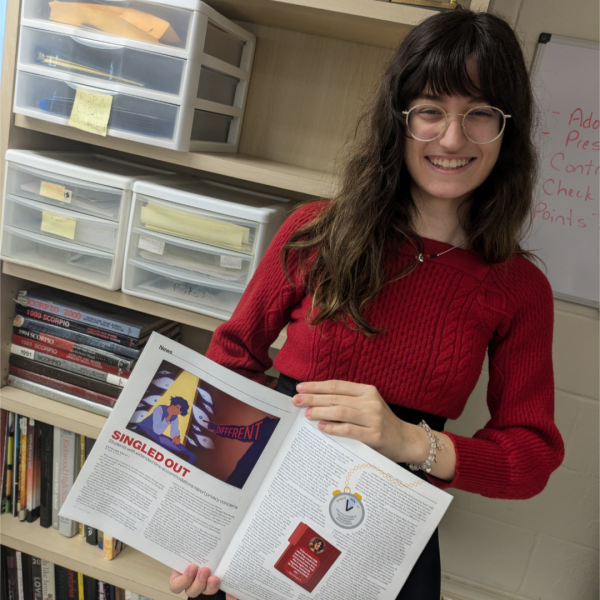Senior Elena Hernandez is on a mission to prove that music is just as important a subject as math, English, and science, immersing herself in African culture throughout the process.
“My Senior Project is on how music education should be treated as important as traditional core classes,” Hernandez said. “It has a significant, positive effect on academic achievement, social and emotional development, as well as career skills.”
Hernandez’s paper is about this musical dilemma itself, but as part of her actual project, she will be using traditional African methods to build drums and donate them to elementary schools in need. Through this, she said she hopes to raise awareness about the importance of music in students’ lives.
“I will be making four or five Ashiko drums, a type of African hand drum,” Hernandez said. “They can be made using a variety of materials, but I’m making it closer to the traditional style. I will be using goat skin rawhide, wood, metal rings and thick rope.”
Hernandez said she is not yet sure, but she plans to donate the drums to Harbor City Elementary School due to its status as a sister school of West Shore. Although she has not begun the process of building these drums yet, she said she expects to get started after Thanksgiving break after returning from a family trip.
“I actually chose what I wanted to make first, then I decided on my thesis,” she said. “My father used to make Ashiko drums for extra money some time ago, and he has leftover materials that I can use. He’s always wanted to teach me, and already having the materials and tools needed helps with the overall cost of the project. It’s something that was part of his life for a while, and he spent a lot of time learning how to make them, so it interests me.”
Despite receiving inspiration and help from her father, Senior Project mentors cannot be relatives, so Hernandez sought out the help of family friend and UF graduate Lindsay Henderson, who has a masters degree in literacy and twelve years of music teaching experience.
“Teaching music to students is an expansion of the mind completely,” Henderson said. “Students have to be able to think on their feet. They are continually making decisions and being able to solve problems while performing.”
Henderson will aid Hernandez through the step-by-step process of constructing the Ashiko drums, as well as supporting her on her endeavors throughout the project as a whole to advocate for the importance of musical literacy.
“I believe that music programs should be funded as well as traditional core classes because music is just as important a subject as other subjects in school,” Henderson said. “Music is an art form and important to be taught. It is a subject that also helps teach students other subjects and skills like critical thinking.”
Music teacher Amy Stephens is not involved with Hernandez’s project but showed support for it. She mentioned that there have been many studies on the subject, showing how music can foster development of students’ brains, as well as how in the long term, when schools invest in their music programs, it pays off.
“I absolutely agree with that, a hundred percent,” Stephens said. “Music is an essential part of the human condition, and I think people are starting to recognize that. I have a statement that I say to all of my music students, which is that I can’t make you a lawyer, I can’t make you a doctor, I can’t make you an engineer, but I can make you better at all of those things.”
Hernandez explained how skills gained in music classes are not solely limited to music itself but can also help students throughout all walks of life, advocating that treating it as a core subject would be beneficial for the education system.
“You get better at reading, thinking ahead and problem solving,” she said. “You have to think ahead if there’s a tough note to play. You have to solve a problem quickly and correctly to continue advancing in a music program. Sometimes, you have to break down the sections of a music sheet and practice them in bits. That’s learning to look at problems from different angles.”
Hernandez said that music means something to everyone, even if in small degrees, and that there is no one in the world who is not in some way affected by it. She cited that stars and other celestial bodies resonate at frequencies too low to be heard by the human ear, so in a way, she believes that the universe itself sings.
“Music can portray feelings words can’t describe and take you back to places and moments you never would’ve remembered otherwise,” she said. “I myself feel this, and so many of the people I’ve met in my life do as well. It’s an important part of any culture and is such a great way to tell stories. It’s good for finding a kindred soul at any point in time and space. It connects people to the past, present, future and each other.”
By Catalina Pelli


![Sophomore Isabelle Gaudry walks through the metal detector, monitored by School Resource Officer Valerie Butler, on Aug. 13. “I think [the students have] been adjusting really well," Butler said. "We've had no issues, no snafus. Everything's been running smoothly, and we've been getting kids to class on time.”](https://westshoreroar.com/wp-content/uploads/2025/08/IMG_9979-1200x800.jpg)



















